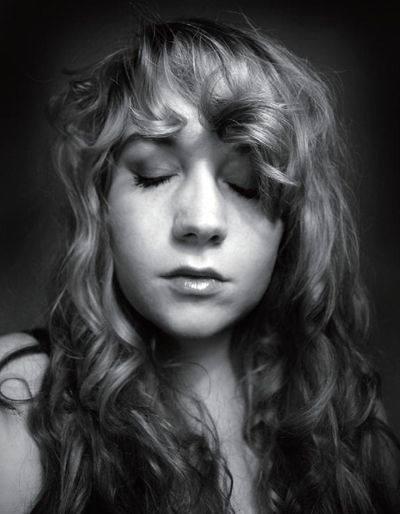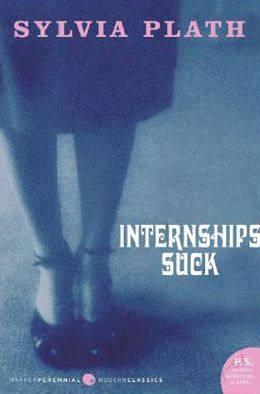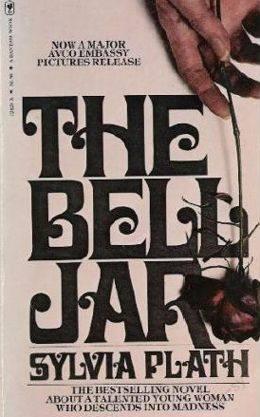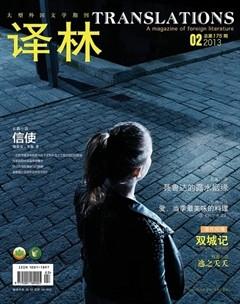过冬
西尔维娅·普拉斯 胡梅红

这是轻松时光,无事可做。
我摇动那个接生婆的采蜜器,
我采到了自己的蜂蜜,
六罐蜜,
酒窖里的六只猫眼。
无窗户的黑暗中过冬,
这所房子的中心,
紧挨着前一个房客腐臭的果酱,
以及空空的瓶中闪烁——
某某先生的杜松子酒。
这是我从未来过的房间,
这是我不能呼吸的房间。
黑色积聚在这儿像一只蝙蝠,
没有光线
只有手电筒,它那微弱的
中国黄落在恐怖物体上——
黑色的愚钝。腐烂。
附着鬼魂。
是它们拥有我,
既不残忍也不漠然,
只有忽视。
这是蜜蜂坚持的时光—蜜蜂们
非常慢,我几乎没有注意它们,
像战士们那样钻
进糖浆罐
去填补我取过的蜂蜜。
泰特莱尔白糖使它们维持生命,
这纯净的雪。
是泰特莱尔使它们赖以存活,不是花朵。
它们吃了它。寒冷降临。
现在它们聚成球状一团,
黑乎乎
对抗着所有的白色。
这雪的微笑是白色的。
它伸展自己,一英里长似迈森
瓷器的躯体,在温暖的日子,
它们运送着死去的蜜蜂。
蜜蜂都是雌的,
工蜂和长长的高贵蜂皇。
它们已经消灭了雄蜂,
呆板的、笨拙的蹒跚者,粗野的人。
冬天是女人的——
那个女子,仍在编织,
在西班牙式胡桃木的摇篮旁,
她的身体似寒冷中的球茎,
麻木得无法思考。
蜂群会活下来吗?菖兰将会
成功地贮存它们的火种
进入另一年?
它们将品尝什么,黑儿波花吗?
蜜蜂在飞。它们品尝春天。
Wintering
By Sylvia Plath
This is the easy time, there is nothing doing.
I have whirled the midwife's extractor,
I have my honey,
Six jars of it,
Six cat's eyes in the wine cellar,
Wintering in a dark without window
At the heart of the house
Next to the last tenant's rancid jam
And the bottles of empty glitters—
Sir So-and-so's gin.
This is the room I have never been in.
This is the room I could never breathe in.
The black bunched in there like a bat,
No light
But the torch and its faint
Chinese yellow on appalling objects—
Black asininity. Decay.
Possession.
It is they who own me.
Neither cruel nor indifferent,
Only ignorant.
This is the time of hanging on for the bees—the bees
So slow I hardly know them,
Filing like soldiers
To the syrup tin
To make up for the honey I've taken.
Tate and Lyle keeps them going,
The refined snow.
It is Tate and Lyle they live on, instead of flowers.
They take it. The cold sets in.
Now they ball in a mass,
Black
Mind against all that white.
The smile of the snow is white.
It spreads itself out, a mile-long body of Meissen,
Into which, on warm days,
They can only carry their dead.
The bees are all women,
Maids and the long royal lady.
They have got rid of the men,
The blunt, clumsy stumblers, the boors.
Winter is for women—
The woman, still at her knitting,
At the cradle of Spanish walnut,
Her body a bulb in the cold and too dumb to think.
Will the hive survive, will the gladiolas
Succeed in banking their fires
To enter another year?
What will they taste of, the Christmas roses?
The bees are flying. They taste the spring.
西尔维娅·普拉斯
美国著名诗人、小说家,美国20世纪女权运动第二次浪潮中的文化偶像。史密斯大学毕业后,获富布莱特奖学金赴英国剑桥深造。1956年与英国诗人特德·休斯结婚,后移居英国。1960年10月,出版第一部诗集《巨像和其它诗歌》(The Colossus and Other Poems),1963年出版半自传体小说《钟形罩》(The Bell Jar),1981年出版《全诗集》(The Collected Poems),次年获普利策诗歌奖,普拉斯成为死后获得此奖的第一人。“蜜蜂组诗”创作于1962年10月,共有五首诗歌:《养蜂人会议》(“The Bee Meeting”)、《蜜蜂箱的到来》(“The Arrival of the Bee Box”)、《蜂蜇》(“Stings”)、“蜂群”(“The Swarm”)和“过冬”(“Wintering”)(《全诗集》第176-180首)。按照诗人生前留下的手稿,“蜜蜂组诗”是诗人后期著名诗集《艾丽尔》(修复版,2004)最后一组诗歌。诗集以诗歌《晨歌》(“Morning Song”)的首字“爱”开始,以诗歌《过冬》(“Wintering”)最后一个字“春天”结束。“蜜蜂组诗”是诗人各种情感纠结精辟的总结:孤独、疏远、怀疑、背叛、悲伤、骄傲、爱情,更是女性创作能力、独立、自信和新生的象征。诗歌《过冬》以一问一答结束,诗中问:“蜂群会活下来吗?”诗人肯定地回答:“蜜蜂在飞,它们品尝着春天。”今年是诗人逝世50周年,谨以此诗纪念这样一位伟大的诗人。




